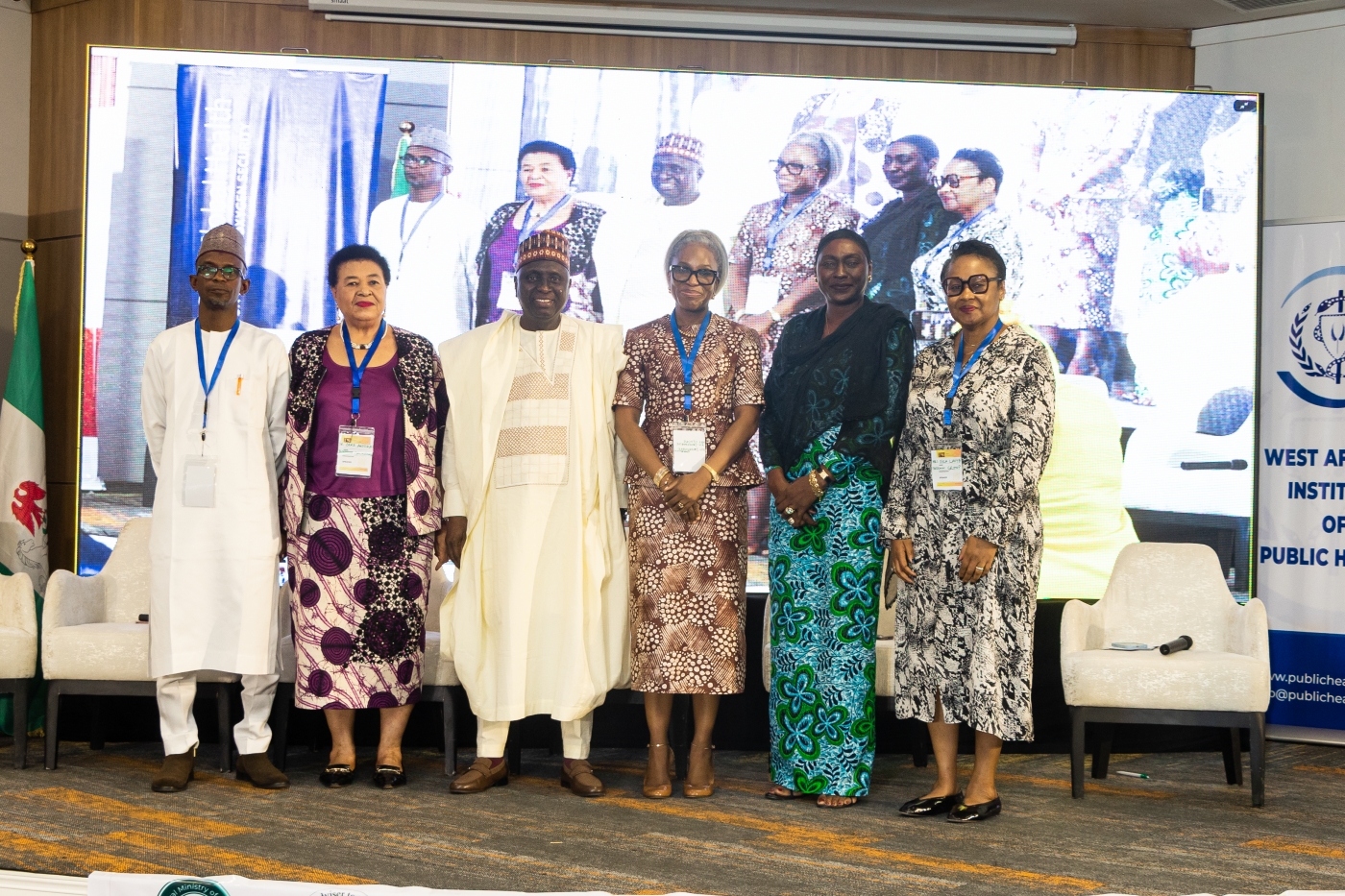Africa Primary Health Care Forum (APHCF) | July 15, 2025
Main Theme: REIMAGINING PRIMARY HEALTH CARE for Universal Health Coverage and Health Security in Africa
It may be time to formally integrate private sector to running of PHCs.
AT APHCF2025, the President of the Healthcare Federation of Nigeria, Mrs. Njide Ndili, delivered a compelling goodwill message that set the tone for innovation, collaboration, and system-wide transformation in primary health care. In her opening remarks, she challenged the audience to break from past missteps and adopt fresh approaches: In her words, “If what we were doing was correct, primary healthcare could be working."
Also, in a high-level plenary session titled “Public-Private Partnership: Leveraging Resources for Sustainable Health Systems,” moderated by Ofovwe Aig-Imoukhuede (Executive Vice Chair, Aig-Imoukkhuede Foundation). Mrs. Ndili joined distinguished leaders Dr. Dere Awosika OON, MFR, mni (Chairwoman, Access Bank), Dr. Jadesola Idowu (Chief Operating Officer, AXA Mansard Health), Dr. Fola Laoye(Co-Founder and CEO at Iwosan Investments Limited), and Dr. Salma Ibrahim Anas (Special Adviser to the President on Health), ably represented. Njide Ndili spoke on the efforts of HFN in forging an enabling environment where government and private sector interests align.
Key Takeaways from her address included:
Policy Implementation & Investment Incentives
Urgent reforms must move beyond the drafting stage to execution, backed by long-term incentives—such as tax breaks—and anchored in stability and transparency to attract sustained private investment.
Elevating Quality of Care
Closing the trust gap in public health requires enforceable quality standards and performance-based incentives. Scalable quality models implemented by LASHMA and NHIA demonstrate how linking funding to care quality can drive results.
Infrastructure Solutions for Service Delivery
Unreliable electricity remains a critical barrier, forcing some clinics to perform basic procedures by flashlight. Policies that reduce punitive power tariffs and foster innovative energy partnerships are essential—especially for rural and underserved facilities.
Success Stories in Public-Private Partnership
In Delta State, an HFN-led collaboration revitalized 15 non-functional primary health centers, achieving zero maternal mortality over five years, attracting new private investment, creating jobs, and delivering measurable economic returns.
In conclusion, the plenary affirmed that charting a path to universal health coverage and health security in Africa hinges on deliberate, well-aligned partnerships—underpinned by robust policy execution, quality assurance, infrastructure reform, and transparent governance.
